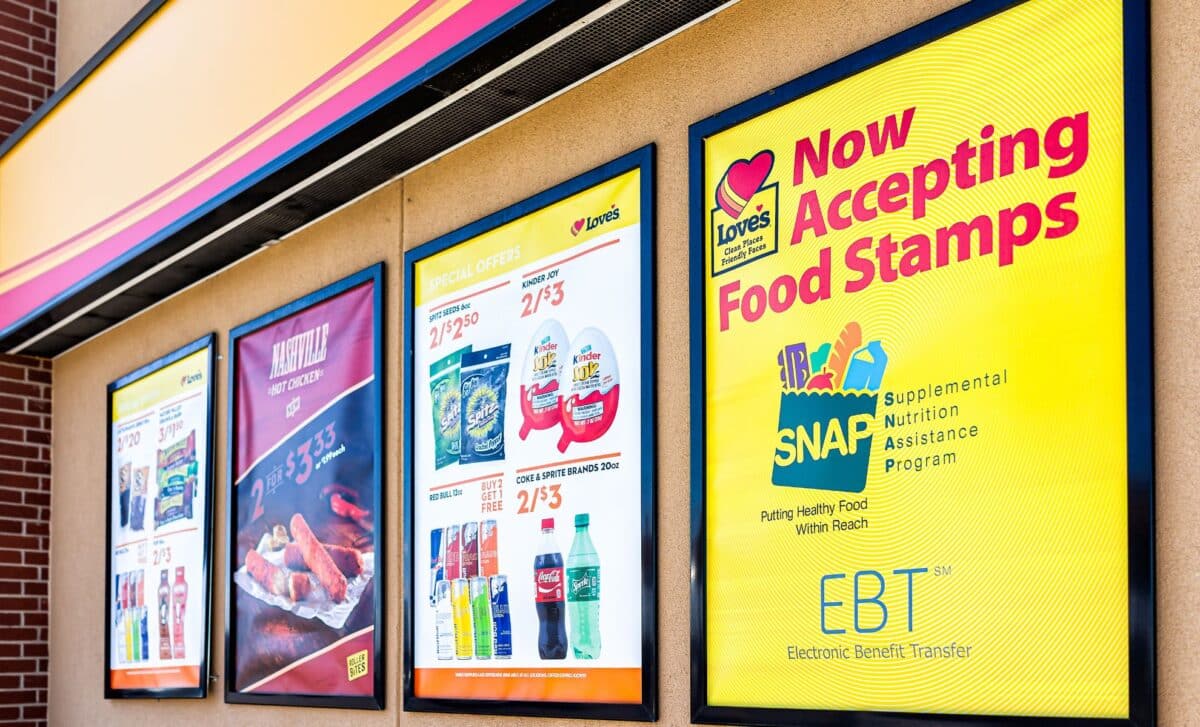Proposed changes to the Supplemental Nutrition Assistance Program (SNAP) have sparked intense debate across the United States. The legislation, passed by a narrow margin in the House of Representatives, aims to reduce government spending by shifting more costs to states and imposing stricter work requirements on millions of recipients.
This move, championed by President Donald Trump, could reshape the future of food assistance for low-income Americans. With the bill now under review in the Senate, it could have significant implications for both recipients of aid and state governments responsible for its administration.
Changes in Costs and Responsibility for States
Under the proposed legislation, states would face a significant increase in their financial responsibility for SNAP. Currently, the federal government covers the full cost of food benefits, but the new bill would require states to contribute more, including a share of the food assistance payments.
According to the Congressional Budget Office (CBO), states would have to cover at least 5% of the costs, with potential increases based on their error rates in food aid administration. States with high error rates could be required to pay as much as 25% of food aid benefits.
This shift is expected to put a considerable financial strain on many states. For example, the national error rate for SNAP in the 2023 fiscal year stood at 11.7%, meaning many states could be forced to shoulder additional costs. This could lead to reduced benefits or even eligibility cuts, as states may seek to control their growing financial obligations.
Stricter Work Requirements and Potential Impact on Participation
Another major change introduced in the bill involves the expansion of work requirements for SNAP recipients.
According to the proposed legislation, adults aged 55-64 and some parents of children over the age of 7 would now be required to work, volunteer, or participate in training programs for at least 80 hours per month to receive benefits. This is an expansion of existing requirements for those aged 18-54, who must already meet similar obligations.
The CBO estimates that the new work requirements could reduce SNAP participation by 3.2 million people, as many individuals may be unable to meet the stricter conditions. The bill also includes provisions to reduce aid for certain immigrants who are not U.S. citizens or lawful permanent residents, further contributing to the decline in program participation.
These changes reflect an ongoing shift in U.S. policy towards welfare programs, where cost-saving measures are increasingly prioritized over support for vulnerable populations. With the bill still under consideration in the Senate, the final version of the legislation remains uncertain, but its potential impact on food aid recipients could be profound.









